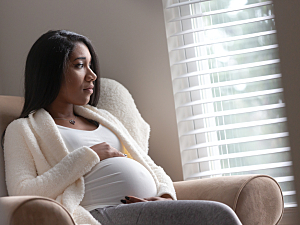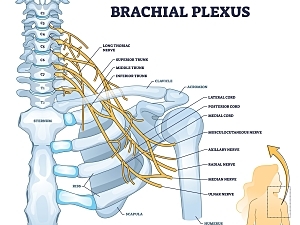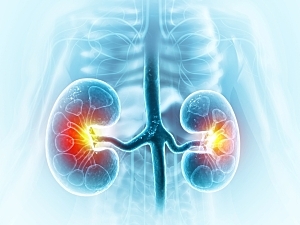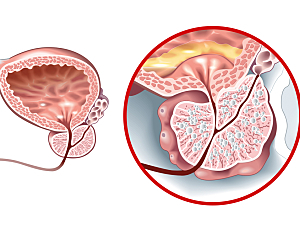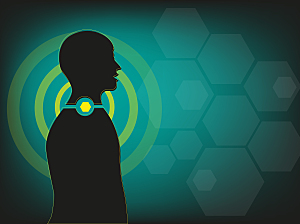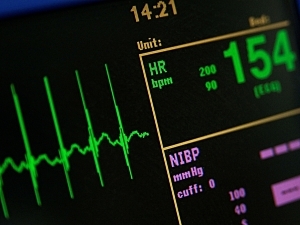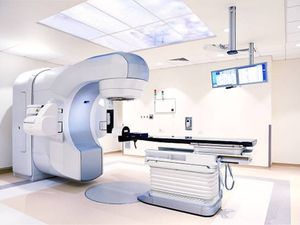Neurological Soft Signs in Adolescents Linked to Brain Structure Alterations

Researchers at Brigham and Women’s Hospital are using neuroimaging to explore the structure–function relationship of neurological soft signs (NSS). They report that NSS in typically developing adolescents are associated with distinct alterations in brain structure that can be objectively quantified using neuroimaging.
Read More...